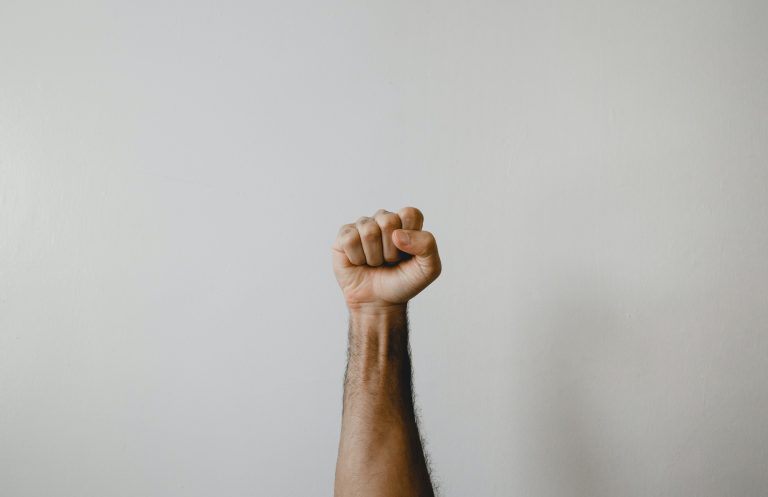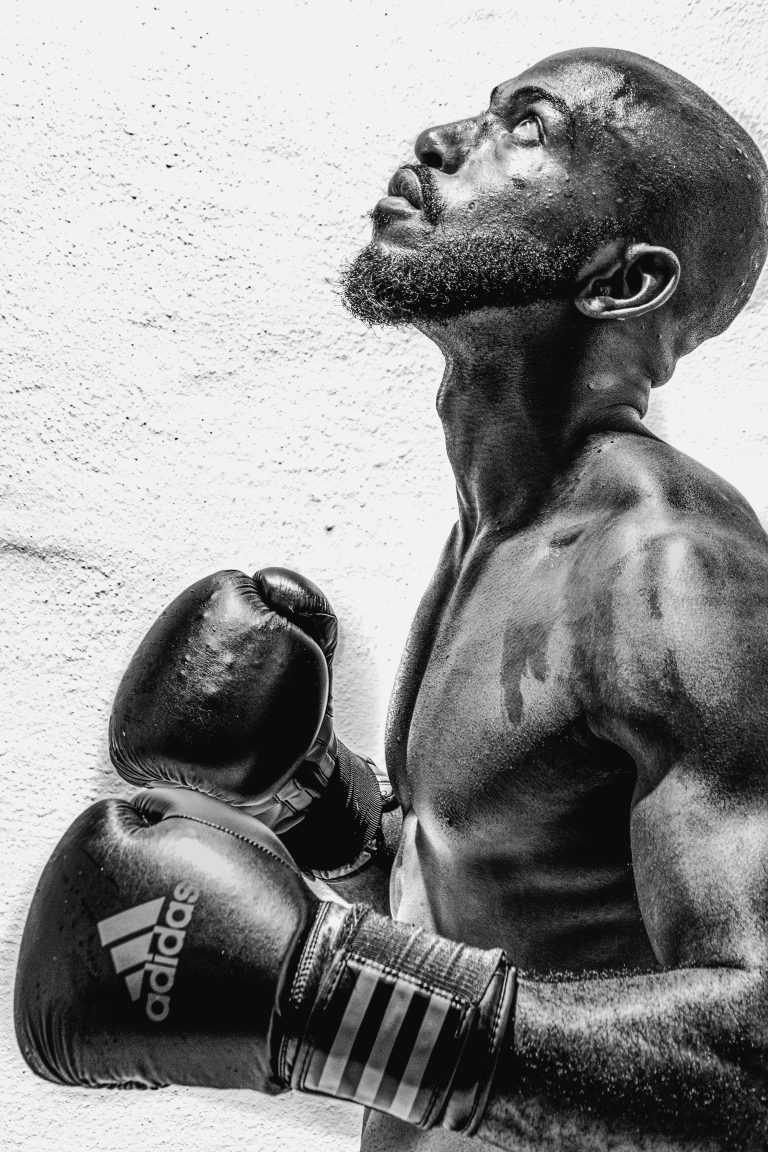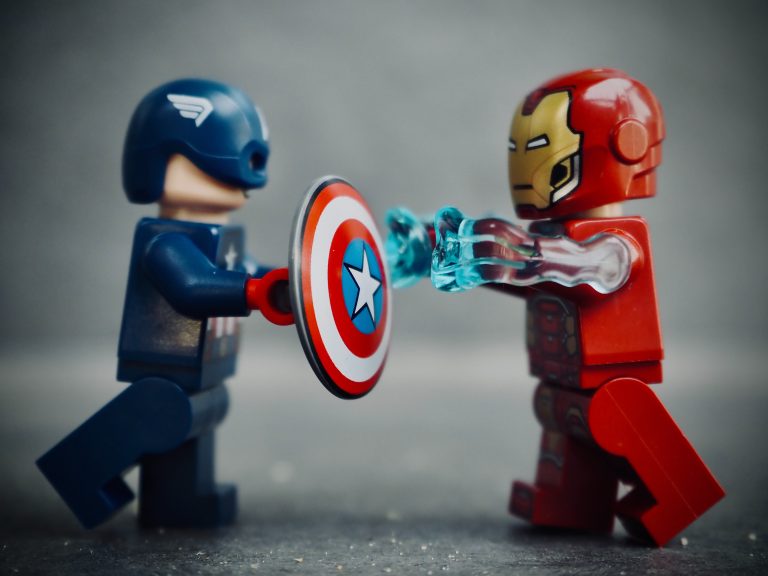Karate Rules of Conduct: Understanding the Code of Ethics and Etiquette
Karate, like many other martial arts, has a set of rules that govern both the physical and mental aspects of training. Often called the „code of ethics“ or „code of conduct,“ these rules aim to promote discipline, respect, and self-control. In this blog post, we’ll explore the key karate rules of conduct, their significance, and how to apply them to your training.
The Code of Ethics in Karate
The code of ethics or principles of karate, known as „Dojo Kun,“ is recited at the beginning and end of each training session. The Dojo Kun is a set of five principles that guide a practitioner’s behavior during training and in everyday life.
1. Seek perfection of character
2. Be faithful
3. Endeavor to excel
4. Respect others
5. Refrain from violent behavior
Each principle reflects a fundamental aspect of karate training, which is not just about physical prowess but also mental discipline and self-awareness. Let’s examine each principle in detail.
1. Seek Perfection of Character
The first principle, „Seek perfection of character,“ encourages practitioners to strive for excellence in all aspects of life. It emphasizes the importance of continuous self-improvement, self-awareness, and self-reflection. Karate training is a lifelong learning process that goes beyond the physical techniques; it shapes the mind, body, and spirit.
2. Be Faithful
The second principle, „Be faithful,“ requires commitment and dedication to karate training. It means to show up to the dojo regularly and on time, to practice with focus and diligence, and to respect the training partners, instructors, and the art itself. Being faithful also means to maintain a positive attitude and to persevere through challenges.
3. Endeavor to Excel
The third principle, „Endeavor to excel,“ is about setting goals and working hard to achieve them. It is not about competition against others but rather competition against oneself. By constantly pushing oneself to improve, a practitioner can grow stronger, faster, and more skillful. This principle instills the value of hard work and the motivation to continue learning.
4. Respect Others
The fourth principle, „Respect others,“ is a cornerstone of karate etiquette. It involves showing respect towards the instructors, training partners, and visitors to the dojo. Respect means to use proper language and greetings, to bow when entering and leaving the dojo, and to treat others with kindness and courtesy. It is an essential element of creating a positive and welcoming training environment.
5. Refrain from Violent Behavior
The fifth and final principle, „Refrain from violent behavior,“ is perhaps the most important of all. Karate training should never be used as a means to hurt or harm others. Instead, it should be used to defend oneself and others from harm. Practitioners must exercise self-control, both in training and in everyday life, and avoid conflicts whenever possible. It is vital to remember that the true mastery of karate lies in one’s ability to control oneself.
Karate Etiquette: Mindful Behaviors for Training and Beyond
In addition to the Dojo Kun, karate has a set of etiquette rules that practitioners must follow during training and elsewhere. These rules are designed to create a respectful and harmonious training environment and reinforce the principles of the Dojo Kun.
Bowing
Bowing is a sign of respect in traditional martial arts, and karate is no exception. Practitioners bow when entering and leaving the dojo, at the beginning and end of class, and before and after sparring or practicing techniques with partners. Bowing demonstrates humility and gratitude towards the art, the instructors, the training partners, and the spirit of karate.
Uniform and Hygiene
Karate practitioners should wear a clean and properly fitted uniform, also known as a Gi, during training. The Gi represents respect for the art and the dojo and is a symbol of equality among all practitioners. Maintaining personal hygiene is also important, as it ensures a healthy and safe training environment for everyone.
Listening and Following Instructions
During training, practitioners should listen attentively to the instructors and follow their directions. This shows respect for the instructors‘ expertise and ensures a cohesive and productive training session.
Training with Partner
When training with a partner, practitioners should show respect by bowing before and after working together. They should be mindful of their partner’s safety and well-being and avoid using excessive force or trying to win at all costs.
Karate Rules of Conduct: Frequently Asked Questions
Karate is not just a physical activity; it also involves a set of behavioral rules that shape the way practitioners interact with others within and outside the dojo. These rules of conduct ensure that karate is not only a self-defense technique but also a way of life. Here are some frequently asked questions about karate rules of conduct:
1. What is the role of respect in Karate?
Respect is a fundamental aspect of karate, which is demonstrated through etiquette and bowing. The etiquette of karate involves showing respect to the master, fellow students, and the dojo itself. When bowing, one should bend at the waist and keep the eyes down, which is a sign of respect and humility. The purpose of respect in karate is to create a harmonious and supportive environment for everyone in the dojo, regardless of their rank.
2. How important is discipline in Karate?
Discipline is essential in karate since it shapes the behavior of the practitioner. For instance, a disciplined karateka will be able to make progress faster since they will be able to maintain focus and diligence in training. Moreover, discipline ensures that you follow the rules of the dojo, which includes showing up on time, listening to the sensei, and respecting your fellow students. Karate students who lack discipline, on the other hand, will not be able to progress as far as they could in their training.
3. What is the purpose of the uniform, and why is it important to wear it properly?
The Karate uniform, known as gi, is more than just clothing; it symbolizes the history and tradition of karate. The uniform designed to be loose-fitting and comfortable to allow for maximum mobility during training. Wearing the gi properly ensures that it looks neat and tidy, and also represents a level of respect for the dojo and the art of karate.
4. What is the role of humility in Karate?
Humility is a crucial aspect of karate that ensures that every student starts with an open mind and a willingness to learn. It also ensures that the student has respect for their sensei and peers, regardless of their level of expertise. Practicing humility also makes it easier for the student to take constructive criticism and feedback, which is essential for improving their techniques.
5. How does karate training instill self-control?
Karate training instills self-control by requiring the student to maintain a high level of discipline and self-restraint. The student learns to control their movements, thoughts, and emotions, which is essential for achieving success in their training. Moreover, the student will learn to act calmly and rationally in stressful situations, which is a valuable skill both inside and outside the dojo.
6. How do the rules of conduct in karate translate to everyday life?
The rules of conduct in karate are not just meant to be practiced in the dojo; they are also intended to be applied to everyday life. For instance, showing respect to others, practicing humility, and demonstrating self-control are essential aspects of interacting with friends, family members, and colleagues. Karate training prepares individuals to face everyday challenges with clarity, calmness, and confidence.
In conclusion, understanding the rules of conduct in karate is just as important as learning the physical techniques. Following these rules ensures that karate is practiced in a respectful, disciplined, and supportive environment, both inside and outside the dojo. By practicing the principles of respect, discipline, humility, and self-control, karatekas can apply their training to everyday life, becoming not just better fighters but better individuals.
How to Follow Karate Rules of Conduct
Karate is a discipline that is focused on self-improvement, physical and mental well-being, and sportsmanship. While the sport is known for its physical demands, it also has rules of conduct that every practitioner must follow. These rules of conduct are not only important for ensuring a fair and safe match but also help the practitioner to develop a sense of respect, humility, and control. In this step-by-step guide, we will discuss how to follow the karate rules of conduct effectively.
Step 1: Learn the Basic Rules of Karate
The first step in following the karate rules of conduct is to learn the basic rules of karate. These rules are typically outlined in the karate handbook or taught by instructors during the training sessions. Some of the basic rules include:
- Show respect to the instructor, seniors, and fellow practitioners
- Observe the dress code of karate which may include a specific uniform called a ‚gi‘
- Keep the training area clean and tidy
- Avoid talking, eating, or chewing gum during the training
- Follow safety measures such as wearing protective gear during sparring sessions
Step 2: Understand the Concept of Bowing
Bowing is an essential component of karate as it is perceived as a symbol of mutual respect, gratitude, and humility. It is also a way to show appreciation for the physical and mental attributes of training partners and instructors. To bow effectively, stand with your feet shoulder-width apart and tilt your head forward while bending slightly from the waist. Make sure your hands are placed at the sides or together in front of your chest with fingers pointing up.
Step 3: Control Your Emotions and Reactions
In karate, practitioners should maintain self-control in various situations, including losses, wins, injuries, and criticism. Avoid showing negative emotions such as anger, frustration, or disappointment towards opponents or teammates. Instead, treat every situation as an opportunity for self-improvement, regardless of the outcome.
Step 4: Exhibit Discipline and Sportsmanship
Discipline and sportsmanship are two essential traits that karate practitioners should exemplify. Discipline is essential for developing a routine and maintaining focus during training. It also involves following the rules and instructions of the instructor. Sportsmanship entails treating everyone with respect, including opponents, teammates, and referees. Refrain from taunting or belittling the opponent, even after winning the match.
Step 5: Be Aware of the Technicalities of Karate Rules
Karate has various technicalities that practitioners need to be aware of to avoid being disqualified from the match or penalized. This includes understanding the following:
- The number of points awarded for kicks, punches, and strikes to specific body parts
- The duration of the round and the match
- Prohibited techniques such as hitting below the belt or striking the head
- Penalties for violations such as stepping out of the ring, using prohibited techniques, or showing poor sportsmanship
Step 6: Continually Practice to Improve
Finally, the most critical aspect of following the karate rules of conduct effectively is to continually practice and improve. Attend training sessions regularly, pay attention to feedback from instructors and teammates, and put in the effort to improve both technically and mentally. By continually working hard, you will become a better practitioner and exemplify the principles of karate better.
In Conclusion
Following the karate rules of conduct is crucial to becoming a successful practitioner of this discipline. It involves respecting opponents and teammates, displaying sportsmanship, bowing correctly, controlling one’s emotions, observing the technicalities of the sport, and continuously striving for self-improvement. By following these steps, you will develop not only physical strength, but also mental fortitude, discipline, and respect for others.
Inhaltsverzeichnis






